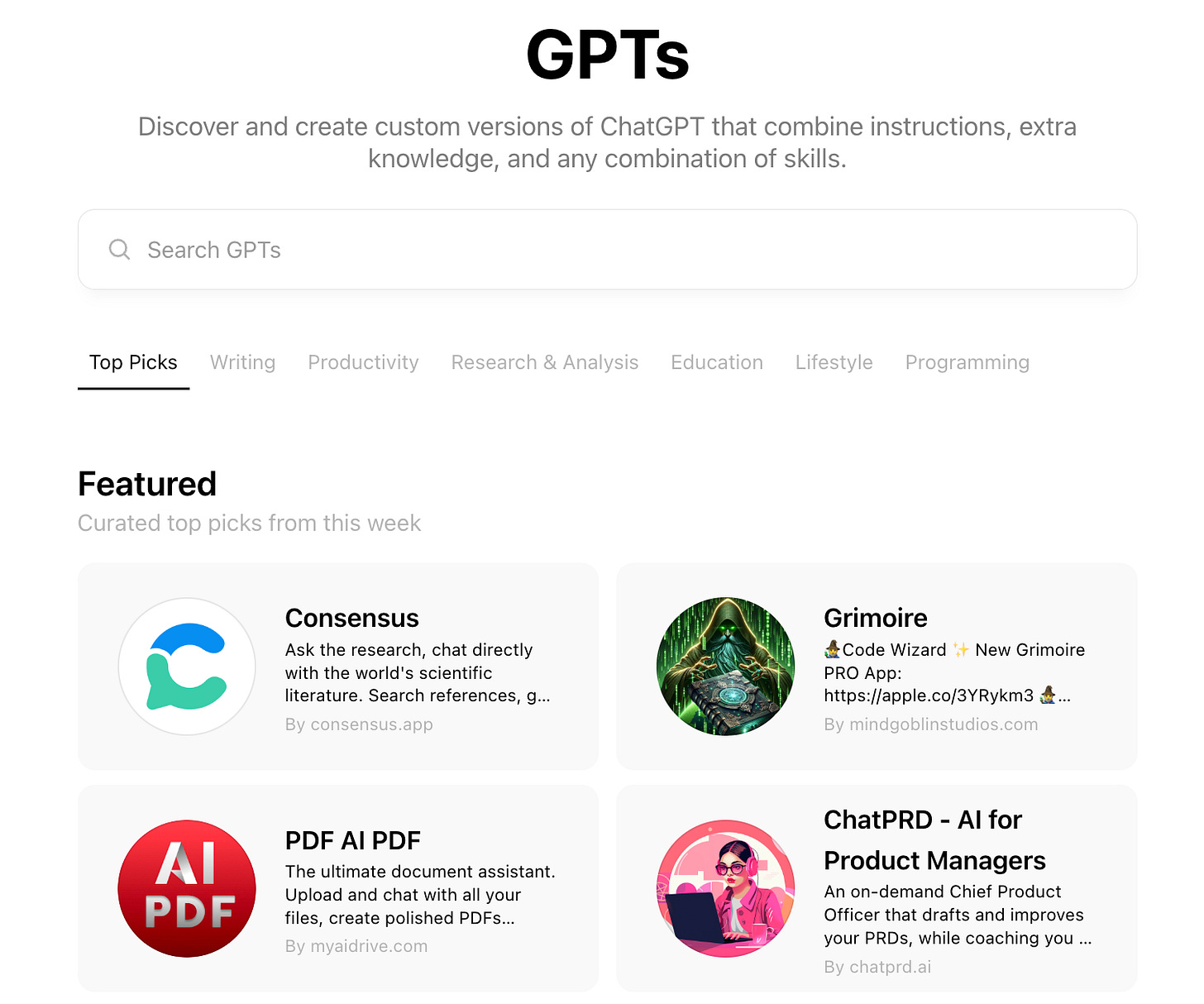As a long-term investor in Google GOOG 0.00%↑ since 2020, I've watched the company's evolution with great interest. Currently, Google represents about 5.6% of my overall portfolio, making it my seventh-largest holding.
Recently, however, Google's stock has experienced a decline of roughly 20% from its highs. This downturn is partially attributed to growing concerns that AI technologies—particularly OpenAI's ChatGPT and its advanced agent features—could disrupt Google's primary revenue pillar: search.
In this blog post, I aim to explore how AI advancements might influence Google's business model and whether these technologies pose a genuine threat or offer new opportunities for growth.
The Rise of AI Agents: A New Paradigm in Search?
The idea that AI could challenge Google's dominance in search isn't new, but it has gained substantial traction with the emergence of ChatGPT. One aspect that stands out is the introduction of AI agents—specialized AI models designed to perform specific tasks—which could significantly alter user behavior in search activities.
What Are AI Agents?
AI agents are tailored AI models that execute particular functions. For instance, I've created agents to assist with my teaching responsibilities, such as generating model solutions for student assessments. I've also developed agents for content creation tasks like drafting blog posts and brainstorming video ideas. Over time, I've built a suite of about ten agents, each optimized for specialized tasks.
Setting up these agents can require an investment of time and effort, which creates a form of "stickiness" for users. While some agents can be created within minutes, others require a larger time commitment as you feed the agent with content or databases it should consider in its output and define the language register, objective, framework etc. After dedicating resources to customize these tools, switching to another platform becomes less appealing unless it offers significantly superior capabilities.




